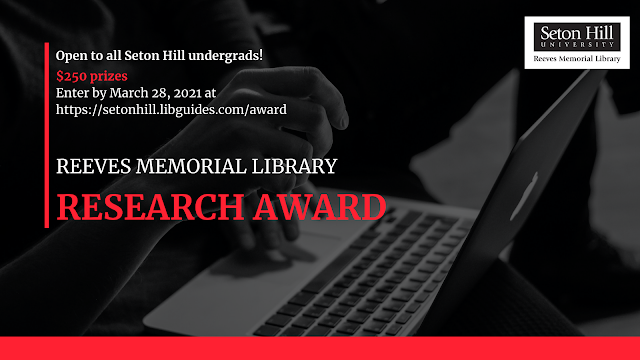Many of us have heard that being inside all the time is bad for us, but in The Nature Fix, Florence Williams takes a different approach: she investigates why the outdoors are so good for us. How much time do we need to spend outside? What about when the weather is terrible? What if you don't have access to pristine wilderness? Are there ways to harness the power of, say, a Hawaiian beach for those of us stuck looking at our screens all day?
Williams travels the world in search of answers. She meets with psychologists and neuroscientists, with cancer-survivor forest rangers in Korea and nature-averse VR developers in Toronto. She goes on a creativity retreat with a group of top scientists and goes camping with a class of college students and their professor. And she interjects her own experiences, thoughts, and humor throughout, weaving a cohesive, entertaining, and accessible review of the living and written literature about our brains on nature.
Williams finds that hospital patients with windows with outdoor (preferably "natural") views have better outcomes than those without window rooms. Families whose apartments face green courtyards experience less mental illness and fewer episodes of violence than families whose apartments overlook parking lots. In prisons, incarcerated people who have access to outdoor work and recreation have fewer illnesses and are better-able to regulate their emotions.
To answer those questions above: Five hours a month in nature is a good target, but more is always better! When the weather is awful, you might be miserable while you're out in the elements, but the positive effects on your health and your brain remain the same. Even small doses of nature, like looking out the window at the sky, can be beneficial. And virtual reality still can't come close to actual reality, though nature videos, birdsong audio tracks, potted plants, and nature photography are all a lot better than nothing.
I'd love to see (and/or help with) student research on how the benefits of nature can be incorporated into fields like education, social work, criminal justice, medicine, and more. Hint, hint!



